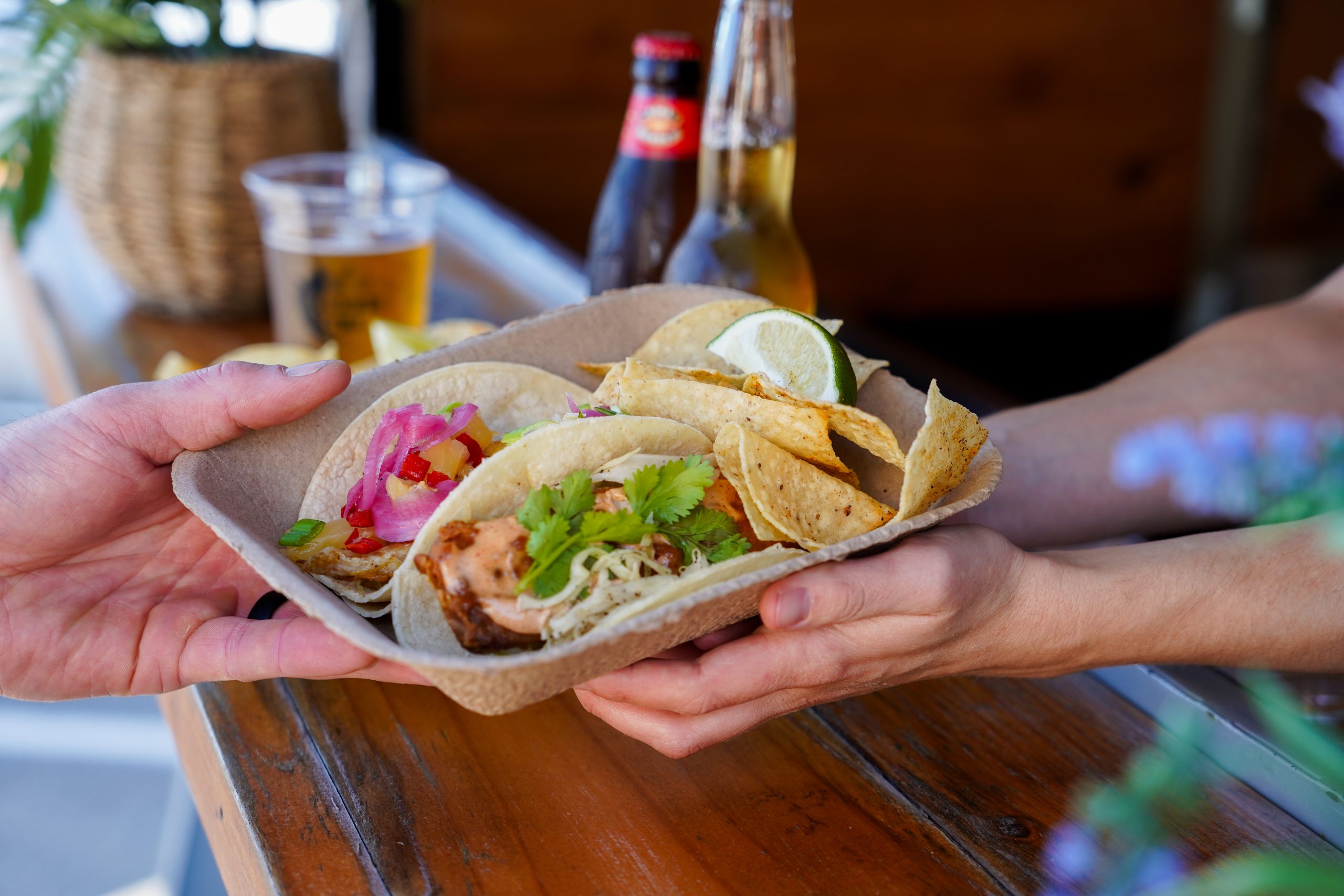The Food Shack is officially going SEED OIL FREE!  We’re making a bold move toward better, healthier cooking by eliminating all processed seed oils from our kitchen. You can count on us and our “tacos and street eats” to be cooked clean with healthy, high-quality fats like olive oil, avocado oil, and tallow.
We’re making a bold move toward better, healthier cooking by eliminating all processed seed oils from our kitchen. You can count on us and our “tacos and street eats” to be cooked clean with healthy, high-quality fats like olive oil, avocado oil, and tallow.
This change means better taste, better nutrition, and a better dining experience for you. Our commitment to simple and casual food done right has always been at the heart of what we do, and going seed oil free is our latest step in that mission! By removing these oils from our kitchen, we continue to raise the bar on our menu and mission as we take a stand for cleaner, healthier eating!
Why did we made this move? We’re passionate raising the bar when it comes to the food we fuel our bodies with, and seed oils just don’t fit the bill! Processed seed oils such as soybean oil, corn oil, canola oil, sunflower oil, and others, have become widespread in modern diets but are increasingly scrutinized for their potential health risks.
Here are some potential concerns with the processed seed oils and why we have decided to remove them completely from our kitchens!
1. High Omega-6 Fatty Acid Content
- Imbalance in Omega-3 to Omega-6 Ratio: Seed oils are rich in omega-6 fatty acids, which are essential but must be balanced with omega-3s. Most modern diets have an omega-6 to omega-3 ratio of 15:1 or higher, compared to the ideal ratio of between 1:1 and 4:1. This imbalance is promoting inflammation in our bodies.
- Chronic Inflammation: Excessive omega-6 intake is linked to chronic inflammation, which may contribute to conditions such as heart disease, arthritis, diabetes, and autoimmune disorders.
2. Oxidation and Free Radical Formation
- Highly Processed: Seed oils undergo extensive industrial processing, including refining, bleaching, and deodorizing. These processes can damage the fats, making them prone to oxidation.
- Heat Sensitivity: When seed oils are exposed to high heat during cooking, they can degrade and form harmful compounds like aldehydes and free radicals, which may damage cells and tissues.
- Oxidative Stress: The free radicals produced by oxidized oils contribute to oxidative stress, a major factor in aging and many diseases, including cancer.
3. Trans Fats
- Hidden Trans Fats: During the high-heat processing of seed oils, trans fats form. Even in small amounts, trans fats are harmful, increasing the risk of heart disease, inflammation, and metabolic dysfunction.
4. Impact on Heart Health
- Contradictory Effects: While seed oils are often marketed as heart-healthy due to their unsaturated fat content, studies have raised concerns about their role in promoting inflammation and oxidative stress, both of which can damage cardiovascular health.
- LDL Oxidation: The compounds formed from seed oil oxidation can lead to the oxidation of LDL cholesterol, a key step in the development of atherosclerosis.
5. Potential Hormonal Disruption
- PUFA Overload: Polyunsaturated fatty acids (PUFAs) in seed oils can interfere with cell membrane function and hormonal signaling when consumed in excess.
- Endocrine Effects: Some research suggests that the excessive intake of PUFAs from seed oils may negatively influence hormonal health and metabolic regulation.
6. Obesity and Metabolic Disorders
- Excess Caloric Density: Seed oils are calorie-dense and widely used in processed foods, contributing to overconsumption.
- Inflammation and Insulin Resistance: The inflammatory effects of seed oils likely worsen metabolic conditions such as obesity, insulin resistance, and type 2 diabetes.
7. Industrial Chemical Residues
- Industrial Lubricant: Did you know that seed oils were originally designed and used to be an industrial lubricant?
- Solvent Extraction: Seed oils are often extracted using industrial solvents like hexane, which may leave behind chemical residues.
- Chemical Additives: Refining processes often include additives to improve shelf stability and taste, which some argue could have long-term health implications.
8. Nutritional Deficiency
- Lack of Nutrients: Unlike natural fats like olive oil, butter, and coconut oil, seed oils are highly refined and lack beneficial compounds like antioxidants, vitamins, and minerals.
Alternatives to Processed Seed Oils
To avoid these risks, we’ve removed all seed oils from cooking at The Food Shack, Island Time Catering Co, and Rising Tide BBQ! Here’s the alternatives we use now and why!
- Olive Oil: Rich in monounsaturated fats and antioxidants.
- Avocado Oil: High smoke point and nutrient-dense.
- Beef Tallow: Grass fed tallow from pasture-raised animals is a nutrient-rich alternative to fry oil and rich in Omega 3 fatty acid
By switching to healthier fats and avoiding processed seed oils, we can all reduce their risk of inflammation, oxidative stress, and chronic disease to improve our health, quality of life and longevity of great and healthy years!
We look forward to serving you soon at The Food Shack, Rising Tide BBQ and Island Time Catering Co!
-Will
